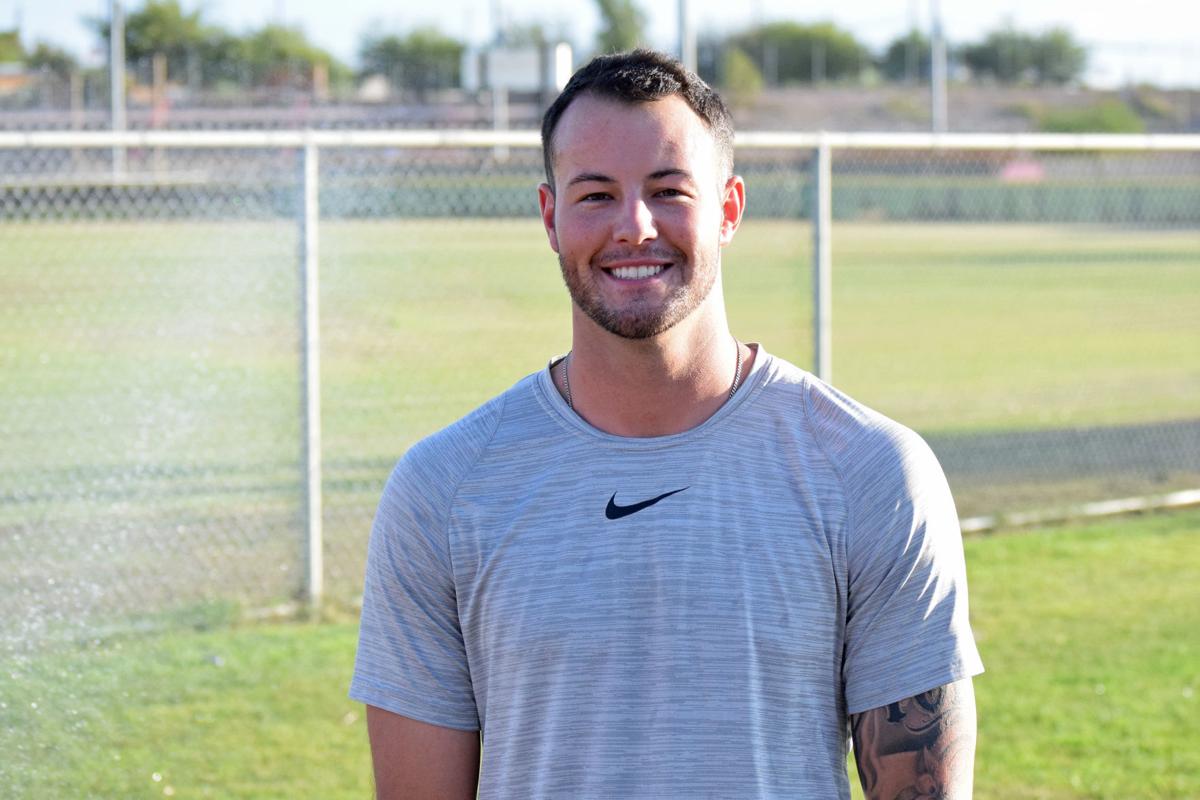The Tucson Saguaros are currently in the middle of a two-week road trip to wrap up their regular season in California. The Saguaros are one of three Pecos League teams still vying for a Pacific Division playoff spot.
Playing two consecutive weeks on the road in independent baseball can be tough. Each player is responsible for themselves and their equipment. For right-handed pitcher Michael Klein, living out of motel rooms for an extended period of time adds another layer of stress.
Eleven years ago, Klein was diagnosed with diabetes.
“Everywhere I go, I can’t just be a normal kid and pack up — I have to prepare and pack all of my supplies,” the 25-year-old said. “And I have to double my supply. I always have to have sugar on me. I can’t do crazy stuff. My diet has changed a lot, too. I can’t eat whatever I want, I have to be smart about it. I can’t do crazy, fun activities people want to do. I can’t do those too much, I have to be smart with that.
People are also reading…
“It’s a 24/7 clock of having to watch over myself. Anything can happen at any moment, so I have to be prepared.”
Klein was a 14-year-old in middle school when he noticed he wasn’t feeling well during football season. Things started feeling weird — his usual perfect vision would get blurry, he would have to go to the restroom more than usual and started feeling tired and lethargic.
As the quarterback of the team, Klein would take multiple timeouts during practice to go to the restroom. He eventually went to the doctor, got tested and was diagnosed.
“No one in the family has it but me, so that’s just the luck of the draw,” Klein said. “Sometimes it is hereditary, but sometimes it just happens. I don’t know why or how, but it just happens.”
Because no one was familiar with diabetes, it was a tough adjustment at first. Klein’s first concern was that he wouldn’t be able to eat any sweets or any of his favorite foods ever again, but he can in moderation.
It was also a learning curve to see what medications worked better for Klein — and being an athlete made everything 10 times harder, he said.
“(My family has) been great so far, helping me, supporting me financially to get the supplies and medicine that I need — always looking out for me,” Klein said. “Mom will check on me in the middle of the night sometimes, when she wakes up having her mom senses. Otherwise, I always have sugar on me, a tester, I have a good (insulin) pump and a continuous glucose monitor that helps a lot.”
Because Klein wears his insulin pump at all times, which is noticeable through his uniform, and has a tattoo on his chest that simply says “diabetic,” the team has learned about Klein’s condition. Even players from opposing teams notice the insulin pump and start asking questions.
And Klein’s teammates have stepped up to help when needed.
“They like to know how I’m feeling, what to look for,” said Klein, who is 7-2 with a 3.73 ERA in 65 innings this year. “They always say, ‘hey, how are you doing? How are your numbers,’ making sure that I’m doing all right and if I need sugar they’re there to help me and they’ll pick me up.”
While playing for Ohio University, the team had access to medics and buses. Last year, Klein played for an independent league team in Michigan that only played in one stadium. So, there was no traveling.
This summer with the Pecos League couldn’t have been more different.
“This is definitely different, with traveling, driving ourselves — that definitely adds more stress,” Klein said. “Different elevations, different temperatures, just traveling not moving around all affects my sugars. It definitely adds way more stress and makes it harder, but it’s just another obstacle to overcome and grind through.”
Contact reporter Norma Gonzalez at 520-262-3265 or ngonzalez@tucson.com.






